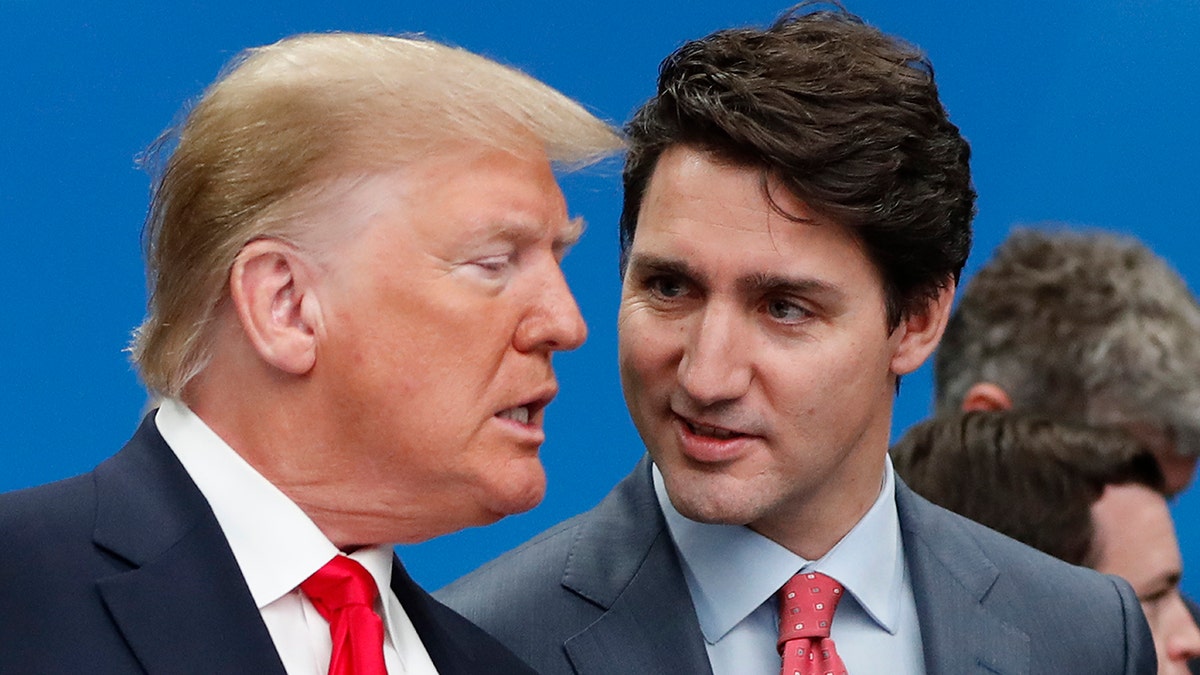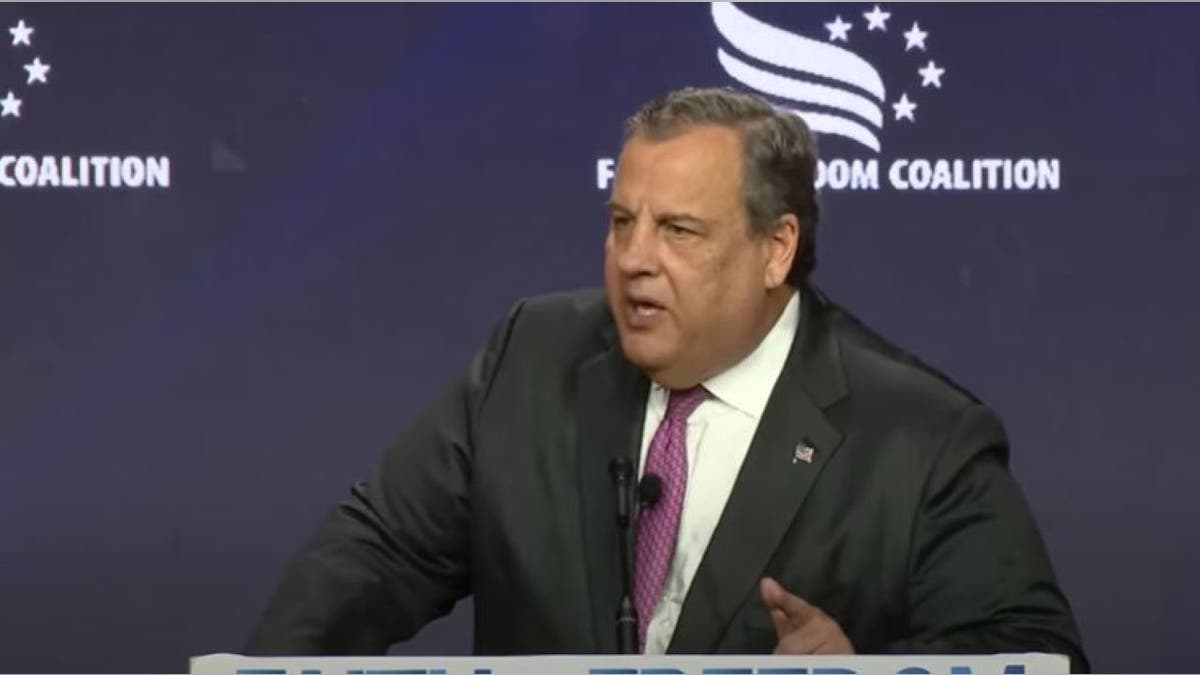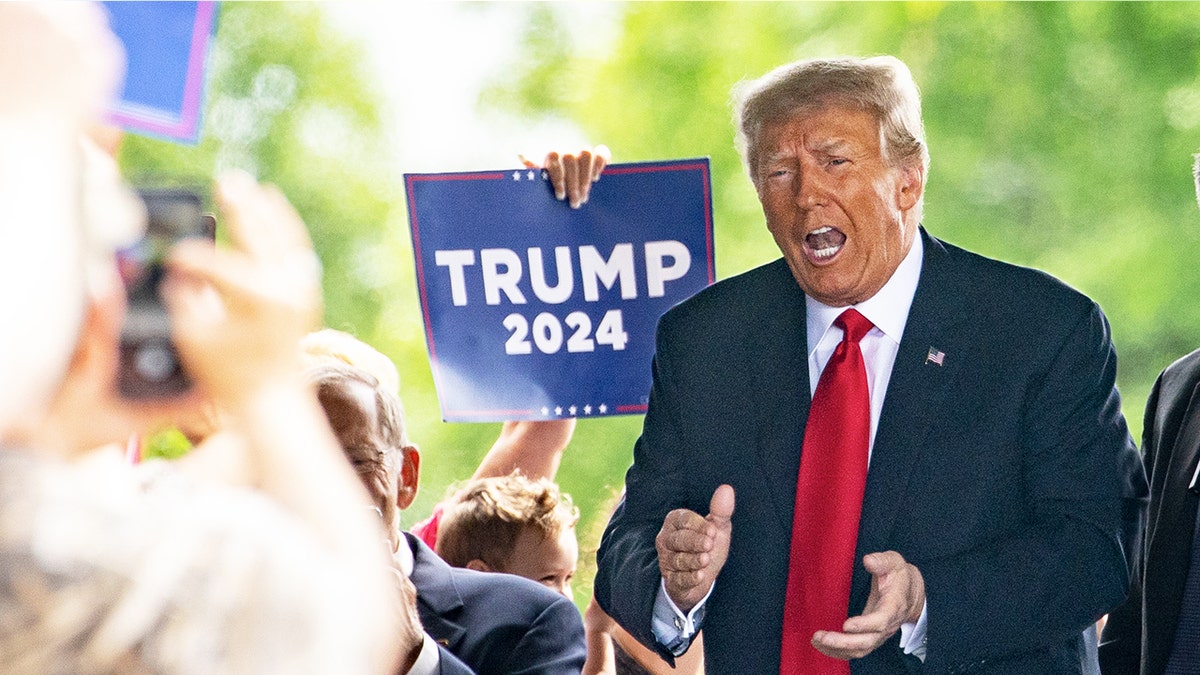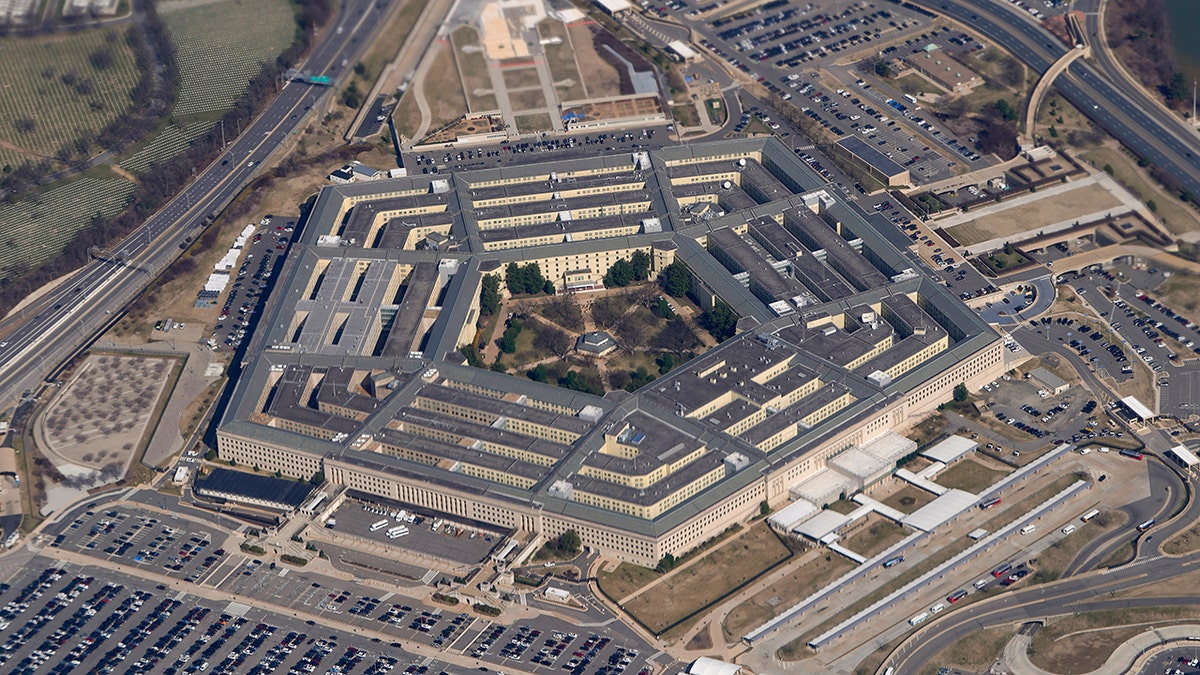Jamieson Greer, President Trump's nominee for U.S. Trade Representative, faced the Senate Finance Committee on Thursday, defending the former administration's tariff policies. Greer argued that tariffs historically provided significant revenue for the U.S., citing the early 1900s as a period of economic growth coinciding with higher tariff rates. He contrasted this with the United Kingdom's decline in industrial competitiveness during a period of lower tariffs. Greer emphasized the importance of a strong domestic manufacturing base for both economic and national security, asserting that trade policy is crucial for achieving these goals.
Having served as chief of staff to the trade representative during Trump's first term, Greer played a significant role in implementing tariffs on countries like China and renegotiating trade agreements such as NAFTA. His nomination comes amidst renewed tariff discussions, with Trump recently announcing new tariffs on goods from Mexico, Canada, and China. These tariffs, targeting fentanyl trafficking and trade imbalances, have drawn criticism from Democrats who argue they harm American consumers. While Trump agreed to postpone tariffs on Mexico and Canada after discussions regarding border security, tariffs on Chinese goods took effect on Tuesday.
Senators questioned Greer about the motives behind the tariffs, with Democrats like Ron Wyden expressing concern over the uncertainty created by Trump's trade policies and their potential impact on American businesses and the global economy. Wyden questioned who would ultimately be responsible for trade policy under the Trump administration and how the current instability would be addressed. Republican lawmakers also voiced reservations, with Steve Daines highlighting the negative impact of previous tariffs on Montana's agricultural sector.
While the Trump administration maintains that the tariffs might cause only temporary disruption, Democrats and organizations like the Peterson Institute for International Economics warn of significant costs to American households. The Institute estimates these tariffs could cost families approximately $1,200 annually. This debate highlights the ongoing tension between the perceived benefits of tariffs for domestic industries and their potential negative consequences for consumers and international trade relations.

Image: Trump and Canadian Prime Minister Justin Trudeau during trade negotiations. (Frank Augstein/Associated Press)








